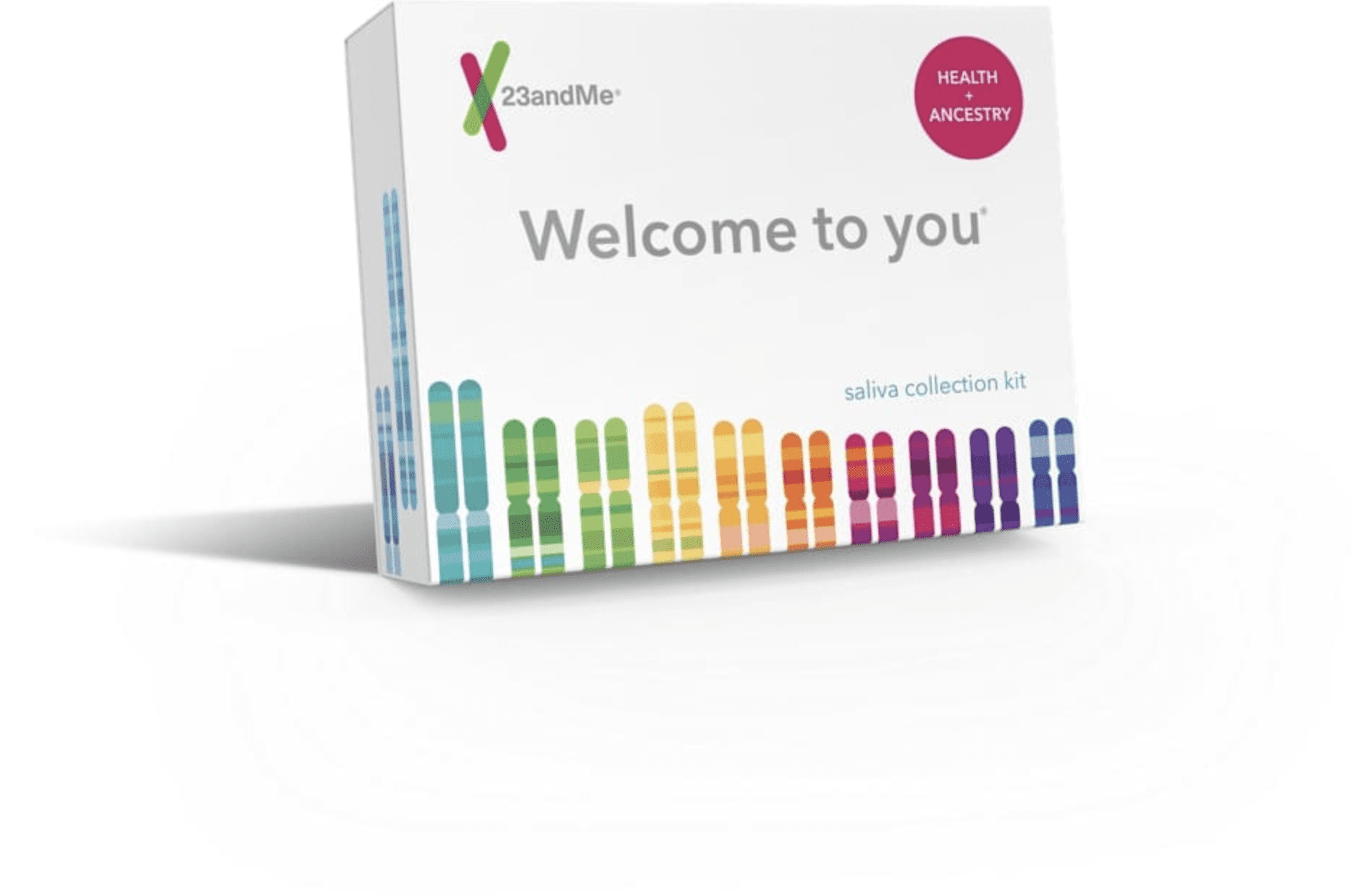Is MUTYH-Associated Polyposis Genetic?Explore MUTYH-Associated Polyposis and what your DNA can tell you
What is MUTYH-associated polyposis?
MUTYH-associated polyposis (MAP) is a hereditary colorectal cancer syndrome. People with MAP tend to develop colon and rectal polyps and have an increased risk of developing colorectal cancer. They may also have a slightly increased risk of developing certain other cancers.
The genetics behind MUTYH-associated polyposis
Most colorectal cancers start as abnormal growths on the inner lining of the colon or rectum, called polyps. People with MAP tend to develop between ten and a hundred polyps by age 50. Over time, these polyps can become cancerous. Without appropriate surveillance, people with MAP have a 43-100% chance of developing colorectal cancer during their lifetime. By comparison, about 4% of people in the general population are expected to develop colorectal cancer during their lifetime.
People with just one MUTYH variant do not have MAP. However, they may have a slightly increased risk of developing colorectal cancer. More research is needed to understand cancer risks in these individuals.
Other factors that may cause an increased likelihood of colorectal cancer risk
Variants in the MUTYH gene only account for a small percentage of colorectal cancer cases. There are many other factors that can increase colorectal cancer risk, including:
- Age
- Family history
- Other genetic variants (including variants linked to other hereditary colorectal cancer syndromes such as Lynch syndrome and familial adenomatous polyposis (FAP))
- Inflammatory bowel disease (such as ulcerative colitis and Crohn’s disease)
- Ethnicity (African Americans have a higher risk of developing colorectal cancer compared to many other ethnic groups)
Healthy lifestyle factors — such as eating a healthy diet, maintaining a healthy weight, engaging in physical activity, limiting alcohol consumption, and avoiding smoking — can help reduce the risk for colorectal cancer. Consult with a healthcare professional before making any major lifestyle changes.
Did you know?
MAP accounts for about 1% of all colorectal cancer cases.
Find out if your genetics might increase your likelihood of developing MUTYH-associated polyposis
You can learn more about MUTYH-associated polyposis through the 23andMe MUTYH-Associated Polyposis Genetic Health Risk report*. This report looks for two genetic variants in the MUTYH gene associated with an increased risk of developing colorectal cancer; these two variants are most common in people of Northern European descent. This report is available through the 23andMe Health + Ancestry Service.

Health + Ancestry Service
*The 23andMe PGS test uses qualitative genotyping to detect select clinically relevant variants in the genomic DNA of adults from saliva for the purpose of reporting and interpreting genetic health risks, including the 23andMe PGS Genetic Health Risk Report for MUTYH-Associated Polyposis. Your ethnicity may affect the relevance of each report and how your genetic health risk results are interpreted. The test is not intended to diagnose any disease and does not describe a person’s overall risk of developing any type of cancer. It is not intended to tell you anything about your current state of health, or to be used to make medical decisions, including whether or not you should take a medication, how much of a medication you should take, or determine any treatments. Warnings & Limitations: The 23andMe PGS Genetic Health Risk Report for MUTYH-Associated Polyposis is indicated for reporting the Y179C and G396D variants in the MUTYH gene and an increased risk for colorectal cancer. The two variants included in this report are most common in people of Northern European descent. This report does not include variants in other genes linked to hereditary cancers and the absence of variants included in this report does not rule out the presence of other genetic variants that may impact cancer risk. The PGS test is not a substitute for visits to a healthcare professional for recommended screenings or appropriate follow-up. Results should be confirmed in a clinical setting before taking any medical action. For important information and limitations regarding genetic health risk reports, visit https://www.23andme.com/test-info.
References
Nielsen M et al. (2012). “MUTYH-Associated Polyposis.” [Accessed Oct 15, 2021].